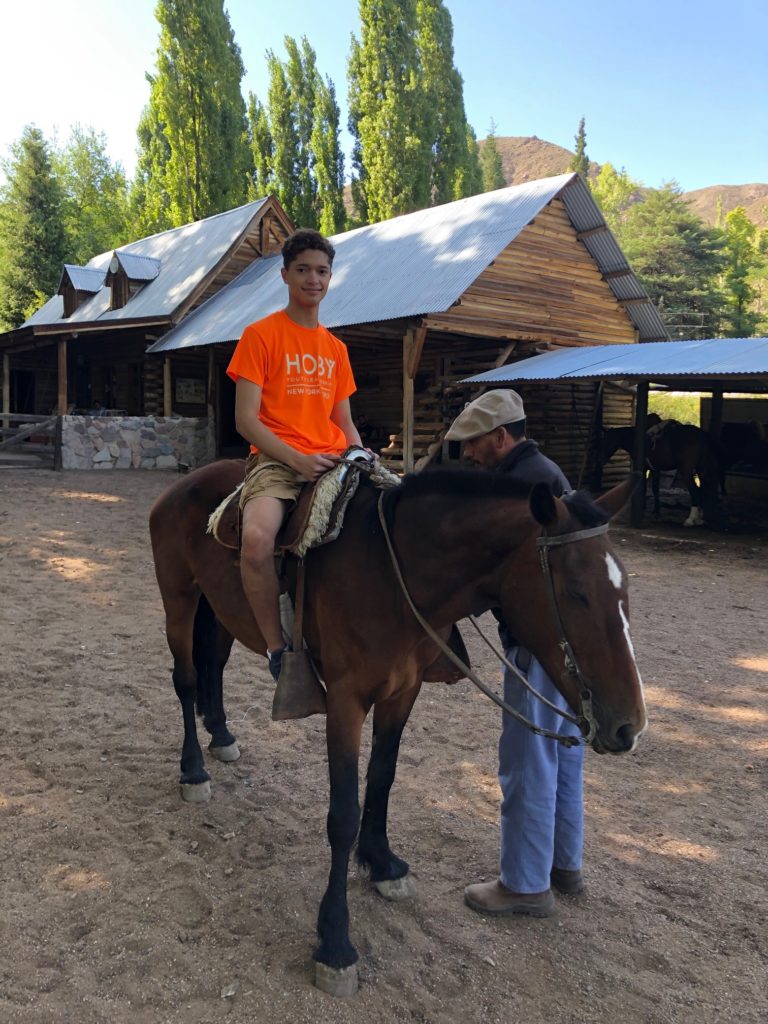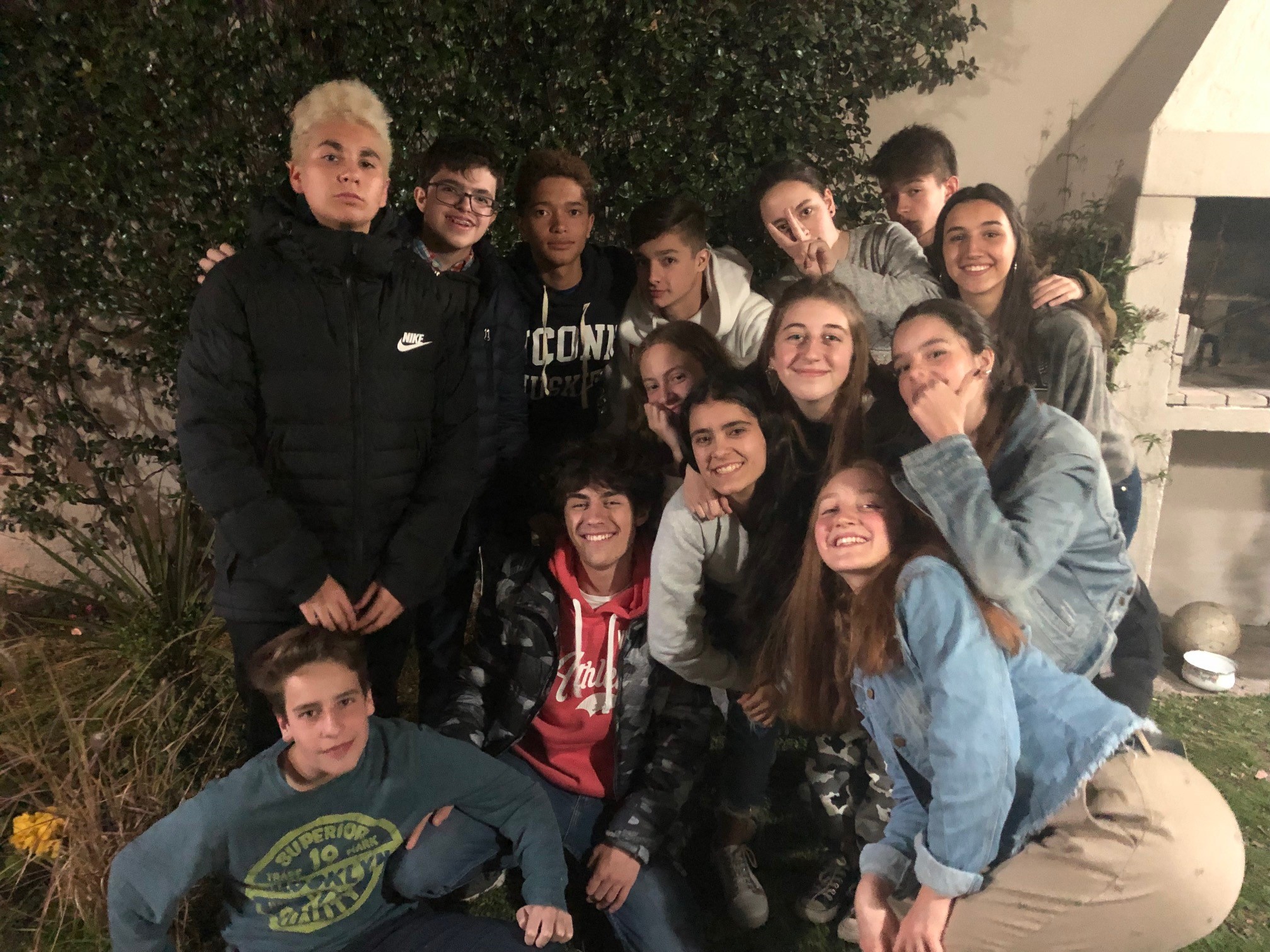Greenheart Travel alum Camden studied in Argentina on our High School Summer Abroad Argentina program in Summer 2019. Since then, he’s continued learning Spanish, visited Argentina again, and kept in touch with his host family and friends abroad.
Next year, Camden plans to attend Harvard University and study either Economics or Linguistics. We asked Camden about his experience in Argentina and his advice for future students.
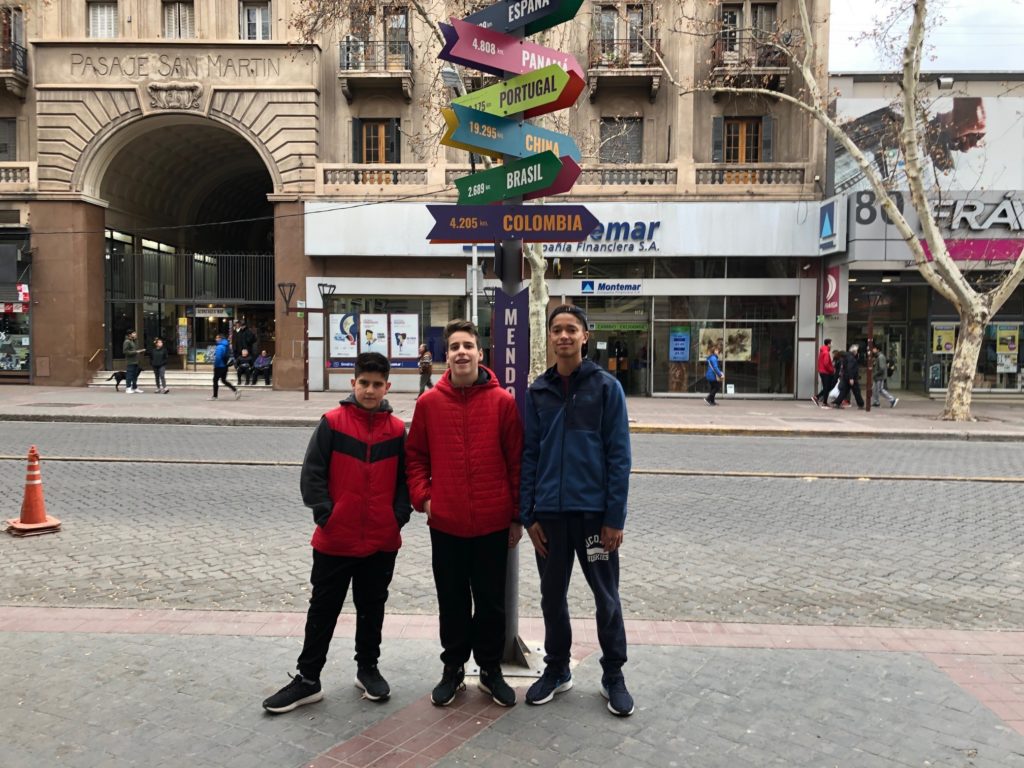
Thanks so much for speaking with us, Camden. First, what were your overall thoughts about the high school abroad summer program in Argentina?
I felt like a month was quite short and I regret not staying longer – when I started getting into the swing of things I had to go. I’m still really glad I had the opportunity to go. I still talk to my host family and friends I made there almost every week, if not more. Since my exchange I even went to visit my host family and friends a second time during my winter break from school, February 2020.
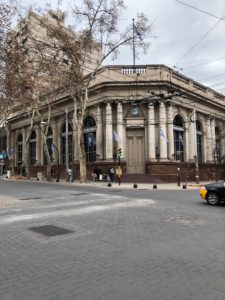
What recommendations do you have for future students to make the most of a one-month program?
What helped me to prepare was looking up different Argentine shows and familiarizing myself with the
accent. Other people who were on the exchange had difficulties adapting to the accent and vocab, but I was already used to hearing it at that point. That was something that definitely gave me an advantage.
How can students learn as much Spanish as possible in one month?
You have to jump right in! When I first got there I was nervous and felt awkward and out of place. But then everyone gave me so much attention because I was the new kid. Everyone would come up to me and ask me questions about my interests, hobbies, and my life in the US, which in turn allowed me to practice my Spanish from the start. As I kept talking to everyone I met, I kept practicing and it gave me more confidence to have deeper and more complex conversations.
What classes did you take in Argentina? Which were your favorites? Least favorites?
I was in the same class as my host brother – there was biology, literature in Spanish, English, finance, math, physics, art, PE, and sometimes even yoga. My favorites were biology and English. Biology, because I knew a lot going into it so I could understand whatever we were talking about and contribute in the class discussions. English, because my teacher would allow me to talk freely on pretty much every topic and I enjoyed helping people with their English. I dreaded math, even though I am quite good at it. I didn’t understand what we were doing and the math teacher was a substitute who kept calling on me. At times, I also felt that physics and literature were challenging as I was not too familiar with the complex technical words needed for those subjects.
What did you notice between your high school and your host school in Argentina?
At my high school in New York we usually get 2-3 hours of homework a night, whereas at my host school in Argentina there was around 30-60 minutes of homework per day. At my high school that would be a really easy day or maybe a Friday. In the U.S., on certain days I do homework from as soon as I get out of school until night. Also, since I was an exchange student most teachers didn’t require me to do assignments, but I’d participate if I found the topic interesting.
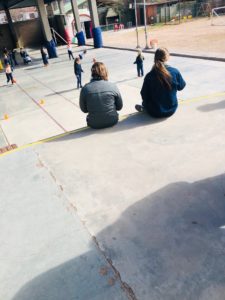
What did a typical day in your life look like while you were on program, in terms of school and host family?
School started at 8am, so I got up at 7:20. We didn’t have breakfast (maybe milk and cereal), and went to school. In the mornings, everyone hangs out in classrooms and someone might even play music, and then we had our classes. On certain days we would line up in the courtyard for the raising of the Argentine flag. High School in Argentina is quite different than school in the U.S., where we switch classrooms, but in Argentina you stay in one classroom and the teachers rotate in and out. At school there was a “kiosco” so during free periods you could go with friends and buy snacks and we often congregated around the field where we played sports.
I went to school until 1:30 Monday through Thursday and on those days didn’t eat lunch at school, but then on Friday I stayed for lunch at school and then had English class until 3:30pm.
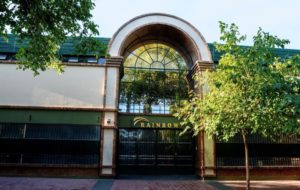
What were some of the foods you tried from the “kiosco”?
I liked dulce de leche and they had alfajores. The Oreo-flavored alfajor was one of my favorite snacks.
Why did you decide to go in the summer instead of during the school year?
I wanted to do the summer so I could have the ability to fulfill my course prerequisites and graduate on time with my class. My high school is pretty competitive and has a lot of course requirements, so studying abroad would have made it hard to catch up. Most people don’t do exchanges at my school, so that’s why I decided I’d either do a summer program or not at all.
What was your favorite slang word from Argentina?
Boludo. It’s a good thing and a bad thing. It can be someone who’s an idiot or cocky, or like “bro!”
What did you do in your free time?
I went to the movies, malls, and soccer fields a lot. I wasn’t good at soccer but I played anyway. When I hung out with my friends we talked about people, music, and a lot of people wanted to know what life was like in the U.S., like what we do here, and how it’s different from Argentina.
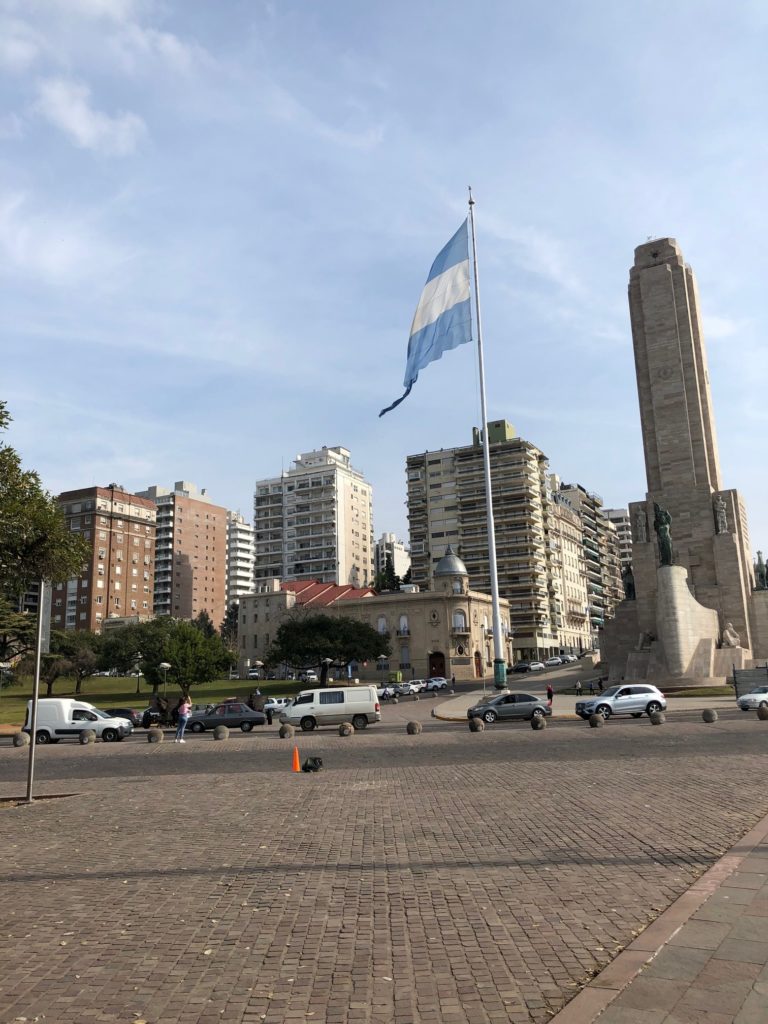
Was there anything you learned that surprised you?
I learned that a lot of things in Argentina are tied to the U.S. dollar, like when our USD goes up and down things in Argentina get more expensive. They were rooting for the downfall of the USD! Lol! I also didn’t know that a lot of American brands aren’t in Argentina, like Apple products for example. To get an iPhone in Argentina it is even pricier than buying one in the US because the supply is so low. People there thought it was interesting that I had several apple products as you don’t see them in Argentina very often because of the prices. The people there who had them usually bought them when they went on vacations to the United States.
So you’re going to Harvard – did you include this experience on your college application essays?
Yes, on my Harvard application I wrote one essay about my program to Argentina! I wrote about my experience of being a bit nervous at first, but how I bonded with people with a shared sense of humor and how I was able to relate with the people and explore the culture. That was a strong essay that definitely gave me an edge for my application.
Anything else you think that would be helpful for others to know before deciding to go to Argentina for one month?
Before you go on your program, it’s a good idea to get to know your host family first. That’s something I didn’t do and I should have. We didn’t have any video call before I left, so when I got there I was kind of like, “Who are you?” But it worked out for the best and we got along well, but I felt nervous for the first couple of days. If I had done a video call I would have been able to have a good relationship from the beginning.
It’s also good to try your best to be outgoing. I’m in the middle – somewhat introverted but also extroverted, but at the end of the day I enjoy talking to different people and above all including
everyone in conversation. I noticed that some exchange students were a bit reserved, and many locals noticed that and assumed they were not nice when that wasn’t the case. In order to avoid that, try your best to speak Spanish all the time. If you spend your time only speaking English with other exchange students or a few Argentines who happen to speak English the majority of Argentines that you meet will feel left out.
It is also important to expand your social circle as your host family may have plans of their own at times. My host brother played soccer almost every day, but I didn’t play soccer and at times I found watching the practices boring. Since I made other friends, I was able to hang out with them while my host-brother was at practice. So it may be ideal to have your friends or plans, like going to the gym, so say your host brother or sister has plans that don’t interest you, you have other plans you can participate in.
